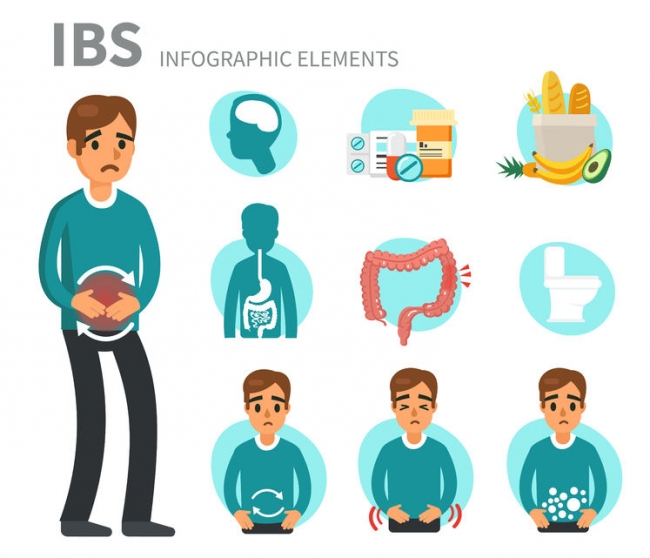What you need to know about Irritable Bowel Syndrome Treatment
Contents
- 1 What you need to know about Irritable Bowel Syndrome Treatment
- 2 What Does the Procedure Involve?
- 3 How Long Should You Stay in the Area?
- 4 How Long is the Recovery Time?
- 5 What Aftercare Should You Consider?
- 6 What is the Success Rate for Irritable Bowel Syndrome Treatment?
- 7 Are there Alternatives to Irritable Bowel Syndrome Treatment?
- 8 What Should You Expect Before and After the Procedure?
Irritable bowel syndrome (IBS) is a gastrointestinal problem causing long term and persistent discomfort that affects 10% to 20% of the population. It is rarely complicated and it is not life-threatening, however, it can change the way you live your life, interfere with your ability to take part in daily activities, and make you miss work more often. While some people may be able to control their symptoms by managing stress and making lifestyle and diet changes, others may need treatment that will let them live as normally as possible.
What Does the Procedure Involve?
Your doctor will perform some tests to rule out other diseases and determine which IBS type you have, whether it is constipation-predominant, diarrhea-predominant, or mixed. Then, after confirming their diagnosis, your doctor may prescribe medications, such as Alosetron to relax your colon and slow the movement of waste through the lower bowel, Eluxadoline to ease diarrhea by reducing fluid secretion and muscle contractions in the rectum, Rifaximin to decrease bacterial growth, and Lubiprostone or Linaclotide to increase fluid secretion in your small intestine and help you pass stool.

How Long Should You Stay in the Area?
You should be able to leave the area right away if you do not experience any symptoms. However, it is best to consult with your doctor the ideal time for you to travel home as they may schedule a follow-up appointment to see how you are responding to the medications.
How Long is the Recovery Time?
Unless you are experiencing symptoms that interfere with your ability to perform daily activities, you usually do not need any downtime after IBS treatment.
What Aftercare Should You Consider?
After the treatment, you should not forget to take the medication that was prescribed. Your doctor may also advise you to talk to a dietitian to help you make diet changes and create the best diet plan for you. It is really important to eliminate high-gas food and gluten from your diet. Besides changing your diet, make sure to exercise regularly to stimulate normal contractions of your intestines and help you to feel better.
What is the Success Rate for Irritable Bowel Syndrome Treatment?
Treatment for irritable bowel syndrome is generally safe and effective as long as used as prescribed. The side effects and risks of the medications are nausea, diarrhea, and belly pain. In some cases, the medication may not be successful to improve symptoms.
Are there Alternatives to Irritable Bowel Syndrome Treatment?
If you do not want to take medicine because you are not an ideal candidate for it or due to your own personal preference, you can undergo hypnosis, mindfulness training, acupuncture, or take probiotics. Always make sure to talk to your doctor before you start any of these alternatives.
What Should You Expect Before and After the Procedure?
Irritable bowel syndrome can seriously disturb your day-to-day activities, preventing you from enjoying the activities you love. After treatment, the symptoms should be gone and you can live a normal life.
For an in-depth analysis of an Irritable Bowel Syndrome (IBS) Treatment, watch this short video.
To check prices or to book an Irritable Bowel Syndrome Procedure in Thailand or anywhere else in the world, head on over to MyMediTravel now!

